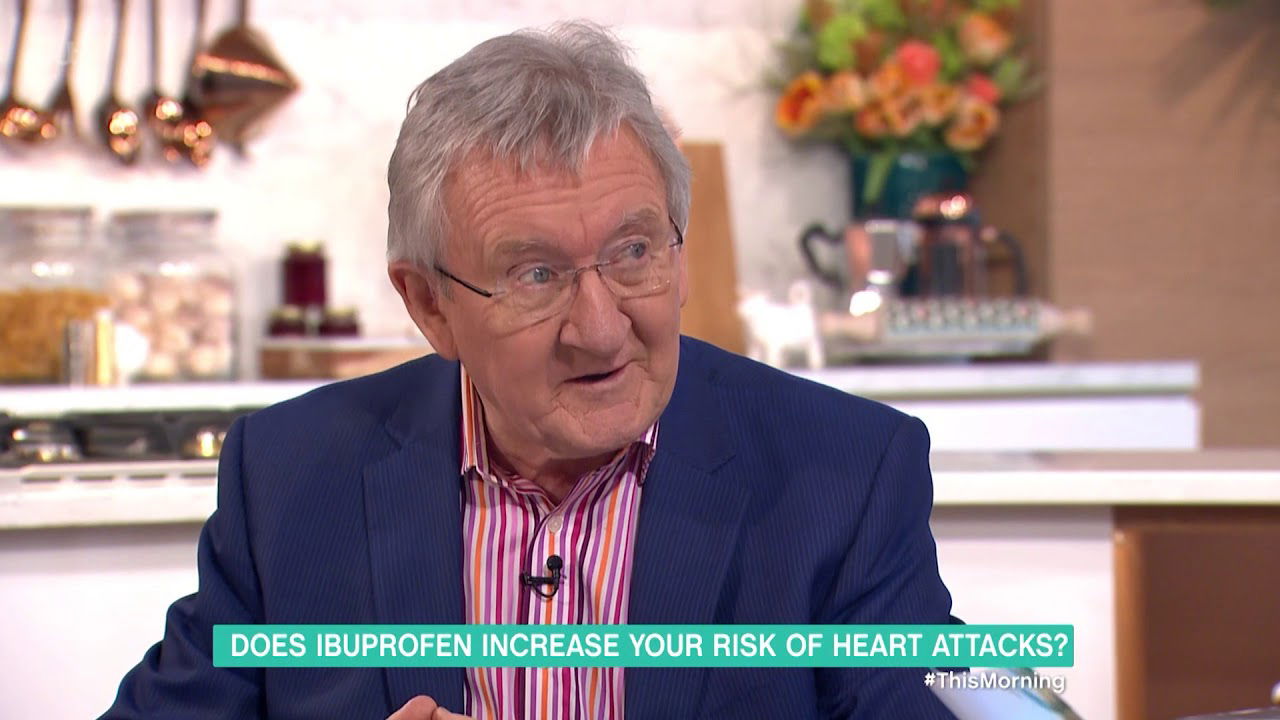When a headache strikes, many of us reach for painkillers like ibuprofen. It’s common to rely on these over-the-counter solutions for quick relief from everyday aches, joint pain, or muscle soreness. However, what may seem like a simple fix can carry hidden risks. A study published in the British Medical Journal suggests that popular painkillers like ibuprofen may increase the risk of heart failure, spotlighting some lesser-known side effects associated with these medications.

A team from the University of Milano-Bicocca in Italy examined data from nearly 10 million NSAID users across several countries, including the UK, Netherlands, Italy, and Germany, focusing on those who began using these drugs between 2000 and 2010. The study revealed that people who had taken an NSAID within the last two weeks had a 19% higher chance of being hospitalized for heart failure than those who used them at earlier points. Specific NSAIDs, such as diclofenac, ibuprofen, and naproxen, were particularly associated with this heightened risk, with each drug presenting different risk levels.

The findings highlight the potential hazards of NSAID use, especially when consumed in high doses or over long periods. The study also found that the increased risk applied to individuals with and without pre-existing heart conditions. Given the prevalence of heart disease, the study underscores the importance of caution when using these medications, particularly for those with existing cardiovascular conditions or elevated risk factors.

For generally healthy individuals who occasionally use NSAIDs, the risk is minimal. However, experts caution against using these medications in extreme endurance events like ultra marathons. During such activities, the body, particularly the heart, is already under significant stress, and adding NSAIDs could exacerbate the strain. For those engaging in regular exercise or moderate physical activity, this heightened risk is less of a concern.

While it’s advisable to limit NSAID use to when it’s truly necessary, some situations call for these medications. For individuals dealing with chronic conditions such as arthritis, NSAIDs often play a crucial role in pain and inflammation management. However, it’s best to use the lowest effective dose for the shortest time needed, ideally under a healthcare provider’s guidance, particularly for individuals concerned about heart health.
To avoid the potential risks of NSAIDs, there are alternative ways to manage pain. Physical therapy, acupuncture, heat or cold therapy, and dietary adjustments can offer relief from pain and inflammation without medication. Practices like yoga and meditation can also help alleviate chronic pain and improve overall wellness, making them valuable additions to a holistic pain management approach.

